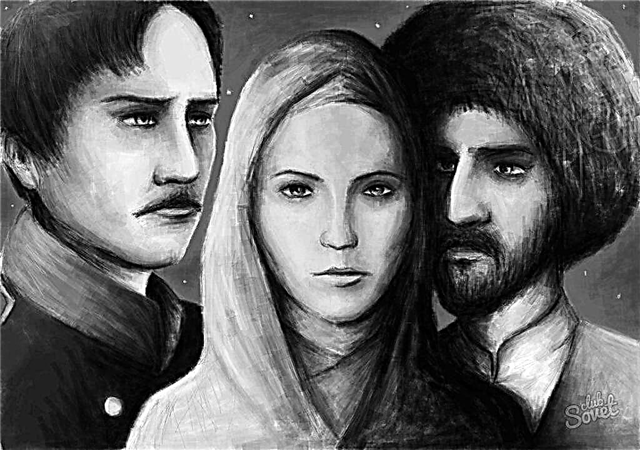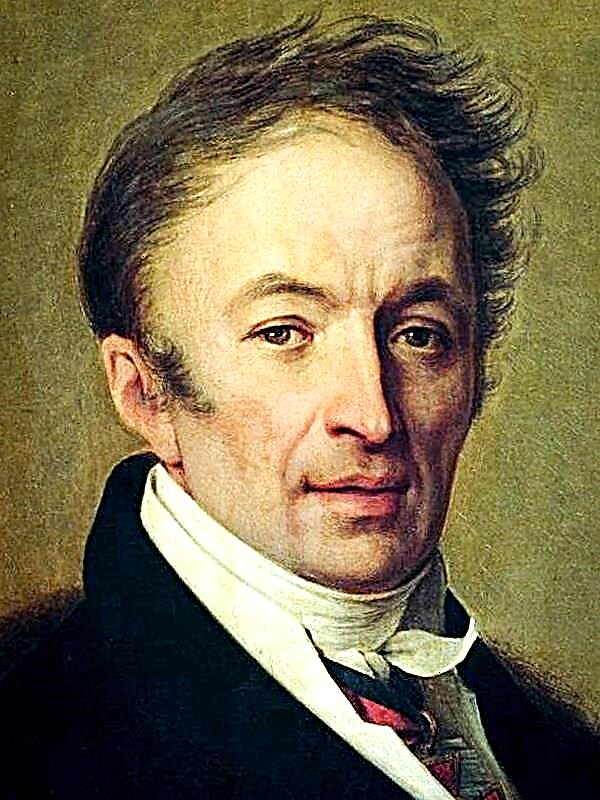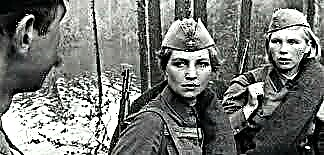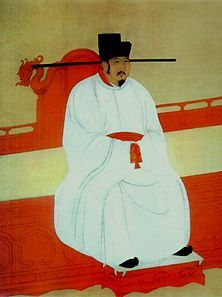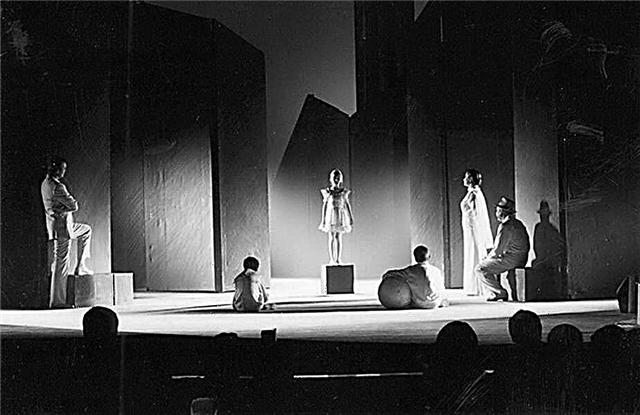(339 words) Turgenev is the author whom we somehow read out of respect. His good and simple truths, spoken in plain language, repel our reader, for he received more love from France, in which he lived almost half his life. If, for example, you were asked what is the meaning of the novel “Fathers and Sons”? Surely you would answer: “Don’t you yourself understand, the very name and the conflict and the problem, everything is in full view.”
And I cannot but agree, the most obvious prerequisite for writing a novel was what is called an “eternal problem”. I will not go into all the details, but simply explain in simple terms. The heroes of the work are two polar periods of life, two generations. It is increasingly difficult for them to find common ground in interests, leisure, values and the like. And the meaning of the work is to demonstrate all sides of such a typical conflict. The problem of an “extra person” is a little less popular, but just as obvious, by the way Turgenev was the first to use this term, and he sets the task of his novel to show a representative of a new generation, as unbiased as possible evaluating all the features of his ideological principles. “If Bazarov is called a nihilist, then you need to read - a revolutionary,” wrote the author, endowing his hero with materialistic, even cynical views, because they were characteristic of youth. And the point was to consider the strengths and weaknesses of such a person. But the third and most unobvious plan of Turgenev is a demonstration of philosophy of life. Now I will explain what's what. Bazarov does not know how to live with people, they do not exist for him. Maybe he loves his father and mother, he has nothing to talk about with them, Arkady annoys him. Eugene denies all conventions, he does not understand culture and love, communication presents great difficulties for him, he is used to expressing himself directly. But the truth Turgenevskaya is to comply with conventions, the truth is to be human. And we see this, because everything in this novel goes to the one who knows how to love and forgive - Nikolai Petrovich. And the meaning of the work was to show the ideal of man.
Ivan Sergeyevich was a master of subtext, if it seems to you that you hear the voice of the author in a work, then do not be deceived, this is just another stage mask. All conclusions will have to be done independently.

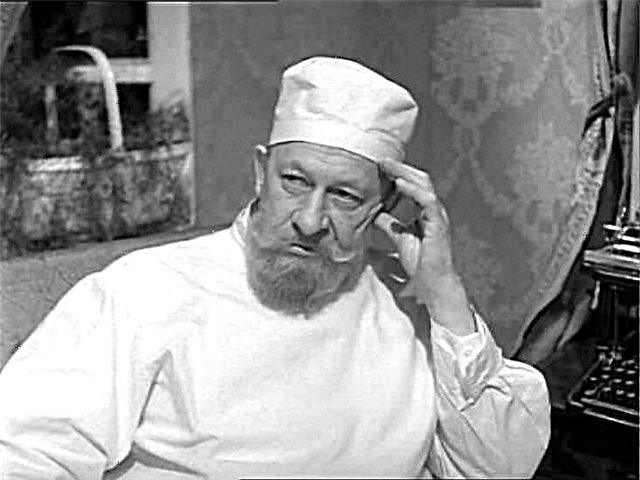

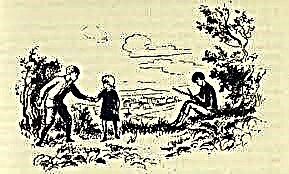
 City of masters
City of masters